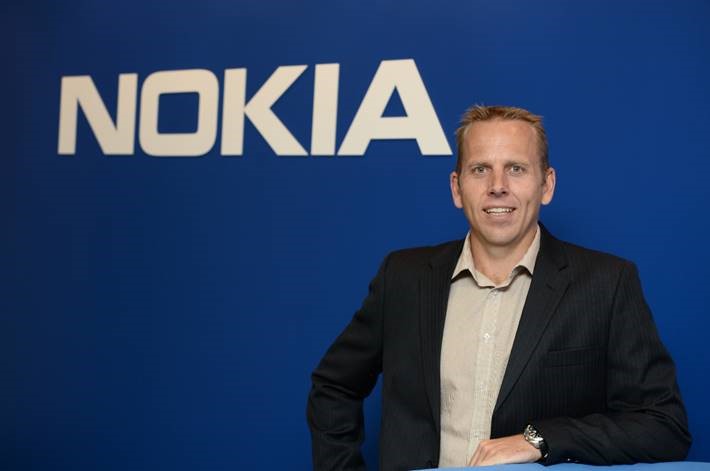[Column] Potential of 5G in Africa

Africa is as capable of embracing the huge potential of this technology as the rest of the world, even within the limitations of existing infrastructure and complex connectivity challenges. Industries have adopted 2G, 3G and 4G in incremental steps as these technologies have evolved within the constraints of legacy technologies and capabilities. Now, 5G is introducing an opportunity for the industry to embrace growth and innovation. But only if it is done with a clear focus on what 5G can realistically deliver and a clear eye on the future.
“To fully capitalise on 5G, the industry has to re-architecture the networks because new services will not only be about high bandwidth but also about low latency,” says Deon Geyser, head of the Southern Africa subregion at Nokia. “The future is about ensuring that systems and solutions are ‘always on’ and intelligent, providing industry verticals with the ability to fully recognise the capabilities of automation.”
Of course, there have been some concerns around how quickly 5G could become a reality within the African context. There are legacy network infrastructure issues and connectivity in many areas remains limited. However, a significant percentage of local networks have already started to explore how they can capitalise on 5G and commercialise their 5G in non-standalone architecture.
“It has become clear that great 5G runs on top of great 4G,” says Geyser. “In non-standalone architecture, the 5G control information goes through the LTE eNodeBs and the throughput can tap the resources of 5G and 4G through dual connectivity. This means that if you have the best performing 4G network, you are already ahead of the game in 5G.”
A recent study conducted by RootMetrics confirmed that 62% of the Nokia-powered LTE networks operated by one of the big four – Sprint, AT&T, T-Mobile, and Verizon – in the United States, delivered the fastest or second-fastest network speed. This RootMetric score is highly relevant in the context of 5G as the best LTE network performance is the foundation for the best 5G.
FWA (Fixed Wireless Access) is a potential 5G use case in Africa, especially where deploying fiber for the last mile is either practically difficult or too expensive. 5G can provide high throughput for the home broadband through FWA.
If positioned properly, 5G can introduce the opportunity for enterprises in various industry verticals to look towards implementing inventive solutions that could fundamentally change how they operate. Nokia has already invested in numerous 5G use cases that have allowed communities to overcome ongoing obstacles to growth and development and for organisations to build sustainable solutions.
“We have developed a solution that creates an immersive education experience for learners with limited access to textbooks,” says Geyser. “With this, children can access remote and enhanced teacher training using online tools and platforms. Virtual Reality (VR) can be used to train teachers and students and provides them with visually immersive aids that change how they engage with learning materials. This is not the only way in which 5G and artificial intelligence (AI) can be used to address the challenges of Africa, but it is one that remains hugely necessary and relevant as education is critical to the future of the continent.”
In agriculture, 5G enables the innovative use of the Internet of Things (IoT) in solving the challenges that face farmers on the continent. Issues such as crop disease, pests, and drought have a huge impact on agriculture in sub-Saharan Africa and, according to CAB International, pests and crop disease-account for around half of the total crop losses in developing countries. 5G technology can potentially help the farmers navigate these ongoing challenges intelligently and sustainably.
“Using IoT and 5G, we can arm farmers with more detailed data about their farms and the macro environment, thereby assisting them with crop planning and minimising risks,” adds Geyser. “This technology has enormous potential for the growth of industries on the continent and there is no reason why Africa can’t make the most from its potential.”
“Nokia is the only 5G vendor with an end-to-end portfolio and a truly global presence. As of the end of August, Nokia has signed 45 5G commercial agreements. Today, Nokia 5G technology is used to provide live commercial services by operators across North America, Asia, Europe, and the Middle East. With our end-to-end 5G portfolio and truly global presence, well we are positioned and committed to unlocking new opportunities and further socio-economic development in the African continent,” concludes Geyser.
Follow us on Telegram, Twitter, Facebook, or subscribe to our weekly newsletter to ensure you don’t miss out on any future updates.



